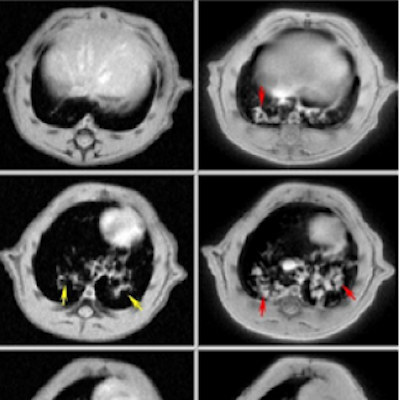July 8, 2021 -- Declines in mortality due to lung cancer and melanoma have contributed to decreased overall cancer death rates in the U.S. among both men and women and across all racial and ethnic groups, according to an annual report published July 8 in the Journal of the National Cancer Institute.
The report was produced by a coalition that includes the American Cancer Society (ACS); the Centers for Disease Control and Prevention (CDC); the U.S. National Cancer Institute (NCI); and the North American Association of Central Cancer Registries (NAACCR).
Based on the time period being analyzed, the researchers found declines in lung cancer death rates between 2001 and 2018 that ranged from 2% to 5.2% for men and 0.6% to 4.3% for women, as well as lower overall cancer death rates in both women and men between 2001 to 2018 and among every racial and ethnic group between 2014 and 2018.
| Overall cancer death rates percent decrease over study time period | ||
| Population | Percent decrease, 2001-2016 | Percent decease, 2016-2018 |
| Men and women, all cancer types | 1.5% | 2.3% |
From the time period of 2014 to 2018, 11 of the 19 most common cancers in men and 14 of the 20 most common cancers in women showed decreases in mortality according to the new report.
Notably, the decrease observed for melanoma reflects a substantial increase in survival for patients with metastatic melanoma in recent years. The survival rate for advanced-stage melanoma cases diagnosed during 2001-2009 was stable, but it increased 3.1% per year for those diagnosed during 2009-2014.
"The declines in lung cancer and melanoma death rates are the result of progress across the entire cancer continuum -- from reduced smoking rates to prevent cancer to discoveries such as targeted drug therapies and immune checkpoint inhibitors," report co-author and ACS CEO Karen Knudsen, PhD, said in a statement released by the society. "While we celebrate the progress, we must remain committed to research, patient support, and advocacy to make even greater progress to improve the lives of cancer patients and their families."
Yet along with the decreased lung cancer and melanoma death rates, the researchers also reported the following regarding cancer incidence:
- Overall incidence is increasing among women, children, adolescents, and young adults.
- Overall incidence rates were higher among men than women in every racial and ethnic group, except the Asian/Pacific Islander population, for whom the rates were comparable.
- Overall incidence rates were slightly lower among Black people than white people, but death rates were higher among Black individuals.
Increased cancer incidence may be due to risk factors like obesity, according to the team.
"The continued decline in cancer death rates should be gratifying to the cancer research community, as evidence that scientific advances over several decades are making a real difference in outcomes at the population level, [but] I believe we could achieve even further improvements if we address obesity, which has the potential to overtake tobacco use to become the leading modifiable factor associated with cancer," NCI director and co-author Dr. Norman Sharpless said in the statement.
The report highlights the fact that more work is needed on cancer prevention, early detection and treatment, and equitable healthcare interventions, said co-author Dr. Karen Hacker, director of the CDC's National Center for Chronic Disease Prevention and Health Promotion.
"To dismantle existing health disparities and give everyone the opportunity to be as healthy as possible, we must continue to find innovative ways to reach people across the cancer care continuum -- from screening and early detection to treatment and support for survivors," she said.
Copyright © 2021 scienceboard.net











